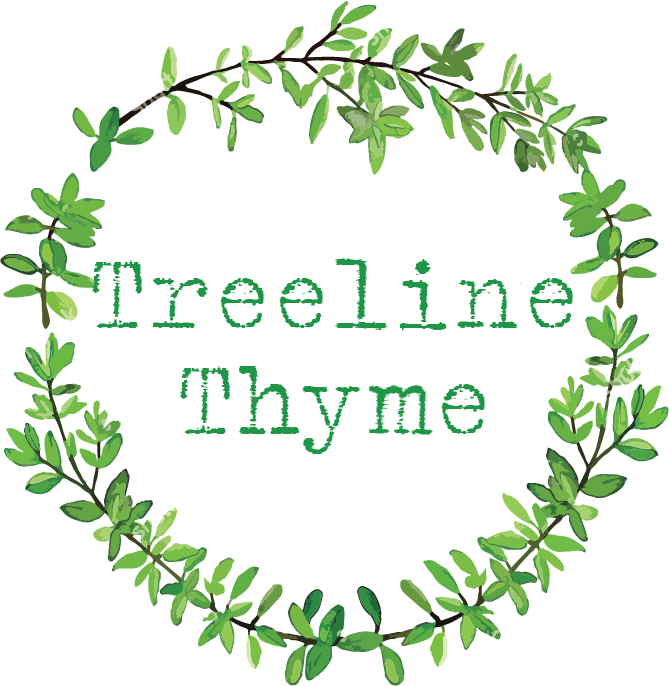A Brief Guide to Minority Businesses in Twin Cities
Starting a small company for many Minnesotans of different ethnicities helps them to get out of a conventional workplace and explore their love for professions. Many immigrant families and people of color see business as a way of being self-sufficient and supplying their communities with a required-yet, sometimes lacking-service. If it's a tiny contractor or a company, their participation may be substantial.
Besides, out of Minnesota's 47,565 businesses, nearly 10 percent of the 489,494 minority-owned firms in 2012, according to the U.S. National Survey of business owners, which is held every five years by the Department of the Census. This makes for one of the greatest Twin City attractions, especially for the minorities.
If you have any kind of minority businesses in Twin Cities, it's a good idea to become certified as a minority-owned business. Government bodies and enterprises also have goals to do business and purchase from minority-owned firms, and being licensed automatically enhances the value of the company.
Large companies are keen to do business with minority-owned businesses because they recognize the great buying power that the U.S. minorities have. And simply put, if they want minorities to choose and consume their goods and services, they have to back up the companies owned by minorities. Federal officials are also supporting minority-owned businesses because they understand that they will help the country develop a sustainable economic condition by doing so.
Minnesota National United Certification Program (MNUCP) has started a Disadvantaged Business Enterprise (DBE) program targeting small and disadvantaged businesses. You are eligible if you are a part of ethnic minorities and own 51% of the business. Your business should be located in the twin city area, and you should have active participation in daily operations. Business Journal defines the eligibility for Minority Business Enterprise as "any business having owner(s) belonging to the following minority groups: African-American, Hispanic American, Asian and Pacific Islander American (Asian-Indian included), Native American."
In the certification process, the first step is to obtain the required documentation. The necessary paperwork depends on the sort of company you have. Still, traditional corporate records entail documents like Proof of U.S. Citizenship, ownership agreements, Bylaws, The history of the business, Certificate of Incorporation or Articles of Incorporation, Business Lease Agreement and/or Security Deeds, Stock Certificates and Stock Ledger, Business cards, resume, and copies of drivers' licenses.
If you have a minority business in Minneapolis, the application process begins by knowing the eligibility criteria and having all the required answers and documents. Begin the online procedure by pressing Start MBE Certification, the Tax ID (Employer Identification Number) will be needed. After you have begun your application, your company is given a User ID through which you upload your documents, make sure they are scanned files containing the company name. The qualification payment is required after the certificate request and must be charged via credit card. The payments rely on a firm's total revenue.
Upon checking all the necessary documentation, a field auditor may contact you to arrange a visit on location. The submitted certification is referred for formal examination and acceptance to the Board Certification Committee. When accepted, you will obtain an email containing a registration letter and an MBE certificate.

